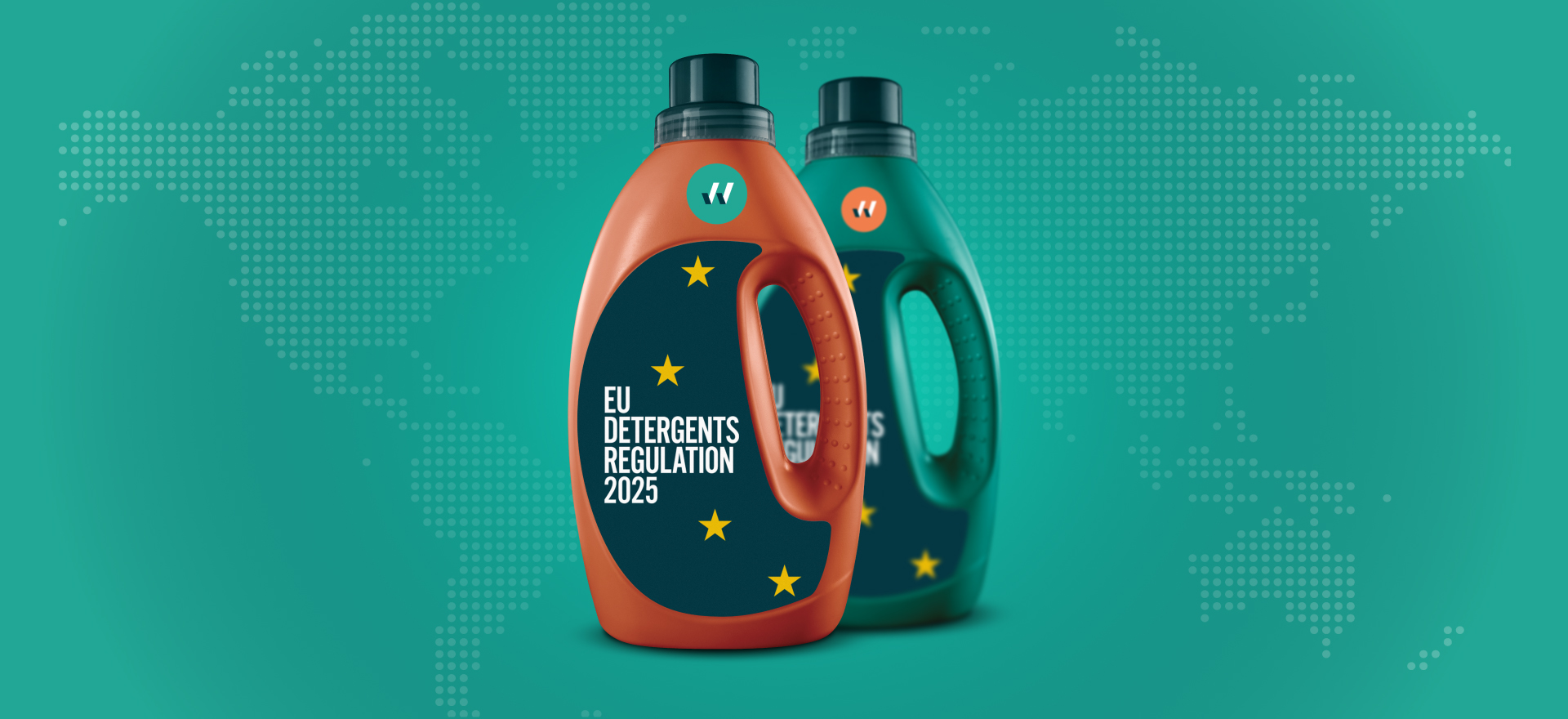The EU has turned up the heat on greenwashing in a bid to stop brands from overemphasising their sustainability credentials.
The Green Claims Directive was first proposed in March 2023 and green-lit in January 2024. To learn more about new anti-greenwashing legislation and how it will impact brands selling in the EU, keep reading…
What is greenwashing?
Brand beliefs and practices matter to consumers. 81% of shoppers prefer to buy from sustainable sellers, which means strong eco values can drive sales revenue.
Many brands lean on their environmental credentials in product marketing. There’s nothing wrong with this, so long as it's substantiated. But there’s a growing problem in the food, clothing and personal care sectors.
Some brands are overstating their environmental capabilities or using deceptive marketing tactics, such as:
- Using carbon offsetting programmes to lower climate footprint figures instead of investing in eco-friendly materials and techniques.
- Creating ‘green’ products using damaging processes or within factories that pollute the local environment.
- Making vague environmental claims that consumers can’t easily understand.
- Implying eco-friendliness through brand name and imagery (for example, by putting natural countryside images on the label).
These techniques are known as greenwashing, and European authorities are taking steps to clamp down on it through new legislation like the EU Green Claims Directive.
How will the EU Green Claims Directive impact brands in Europe?
The EU wants CPG companies to be more specific about their sustainable practices to build a transparent relationship with consumers. In response, lawmakers have developed the Green Claims Directive, which will:
- Ban generic product claims such as ‘biodegradable’, ‘environmentally friendly’ and ‘natural’ unless brands can substantiate them.
- Prevent brands from offsetting emissions to achieve a climate-neutral or positive status.
- Regulate sustainability labels so brands can only feature official certification schemes or logos from public authorities on product packaging.
- Outlaw unfounded claims about the durability or repairability of consumer goods.
- Introduce a harmonised label for producers offering free guarantees beyond the EU two-year minimum period.
This directive is part of a wider package of measures the EU has developed to clamp down on greenwashing and consumer misinformation. Other regulations include the Ecodesign for Sustainable Product Regulations and the Right to Repair Directive.
Once the Green Claims Directive receives final approval from the EU Council, member states will have two years to incorporate it into their national laws – and brands selling in Europe will have two years to comply.
Which European countries already have environmental labelling legislation?
In addition to the Green Claims Directive, some European countries have national legislation that takes sustainability regulation even further. These countries include:
France: in 2020, the French government adopted the Anti-Gaspillage pour une Économie Circulaire (AGEC) law to reduce waste and promote a circular economy.
AGEC legislation encourages the repair, reuse, and recycling of goods, clamping down on products designed for short-term use or obsolescence. The guidelines also aim to eliminate single-use plastic by 2040.
Since 2022, France has banned:
- Plastic overpackaging for fresh fruit and vegetables weighing less than 1.5kg
- Plastic packaging on press publications and advertisements
- Plastic tea and herbal tea bags (unless they are biodegradable)
- Stickers stuck directly to fruit and vegetables (unless they are compostable)
- Plastic toys being given away as part of a children’s menu/meal deal
Companies not complying with the policies can face penalties of up to €15,000.
There are other policies affecting non-food products that brands trading in France must be aware of. For example, a ban on incinerating clothing stock or sending deadstock to landfills means companies must now donate, reuse or recycle unsold products.
All textiles, household linen and footwear should also include the Triman Logo and a sorting label that helps consumers dispose of items appropriately. If a product contains more than 50% synthetic fibre by weight, its label must disclose that “this product releases plastic microfibers in the environment during washing”.
In addition to responsible disposal policies, the French government has developed a repairability index for electrical and electronic products, helping consumers choose appliances and devices that can be mended and maintained rather than replaced. The French government even offers consumers financial help to repair their electronic goods.
Italy: as another early adopter of environmental labelling legislation, the Italian government has required all companies in their supply chain to label packaging materials with disposal instructions since 2020.
To dive deeper into these regulations, read our blog post: Selling products in Italy? You’ll need to know this environmental labelling law.
UK: in 2022, the United Kingdom launched a Green Claims Code to prevent false or misleading environmental claims on product packaging and marketing. Administered by the Competition and Markets Authority (CMA), the code requires companies to produce precise, truthful, accurate claims that consider the full product lifecycle. All claims must be substantiated with evidence, which should be accessible to the consumer.
As the UK is no longer part of the EU, it will not be governed by the Green Claims Directive. However, there are many similarities between the directive and the Green Claims Code.
Are you concerned about the strength of your product claims?
Whichever European markets your business trades in, one thing is clear: anti-greenwashing legislation will only become stricter over time.
To ensure you’re ready for these changes, your brand must ensure that all your product claims are clear and well substantiated.
Hooley Brown helps CPG brands selling in Europe and beyond develop robust, well-evidenced product claims that meet the latest laws and build consumer trust.
Want help with developing compliant product claims? Book a 30-minute discovery call with our Director, Clare Daley.













